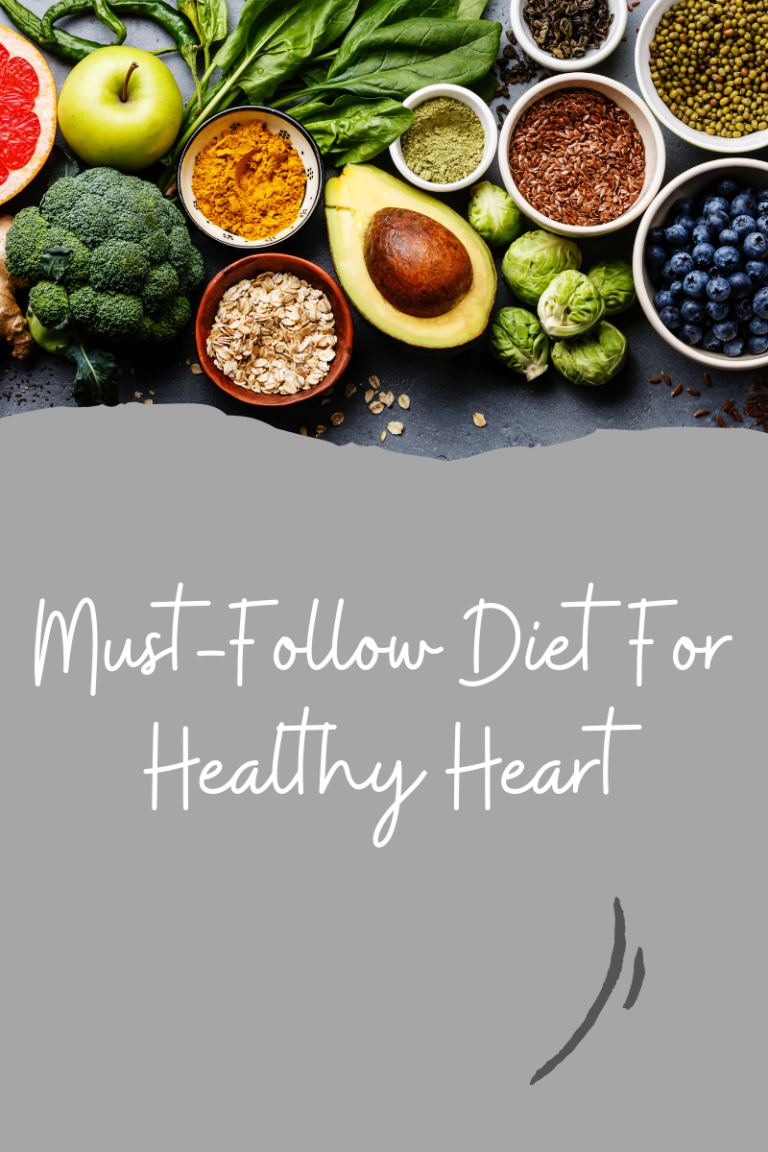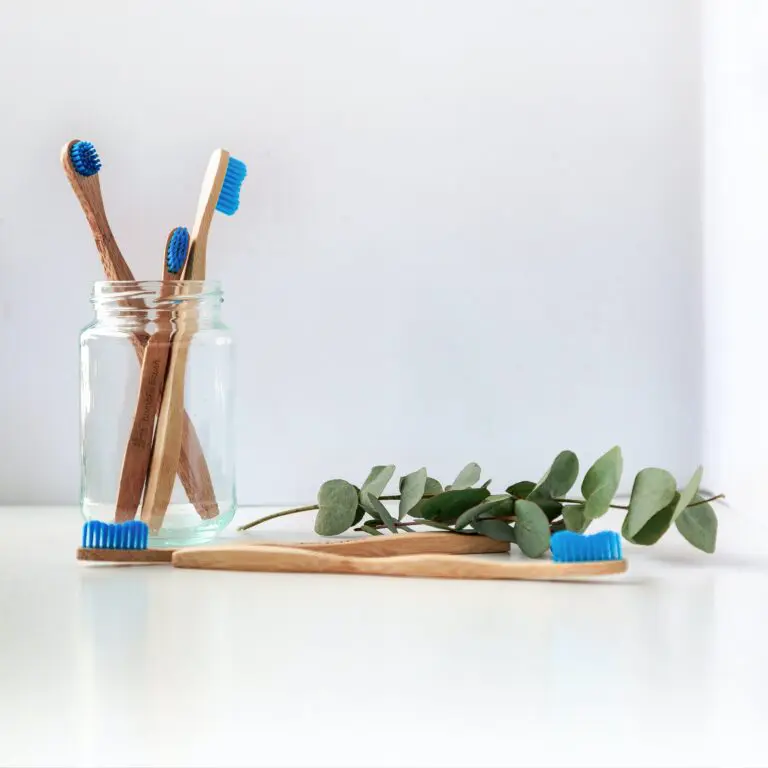9 Oral Hygiene Tips for First Time Mums

It is important to prioritize your oral health during pre and postpartum. Some women may have bleeding gums or swollen gums during pregnancy due to changes in hormonal levels. In fact, when your baby arrives, you should also ensure that you maintain good oral hygiene to avoid infections on you or your baby. If you are in the dark about keeping good oral hygiene as a first-time mum, here are a few tips that should help!
Avoid sharing utensils
Since your baby hasn’t developed a solid immunity to protect them from diseases, ensure you keep their spoons and plates separate from other family members. Sharing utensils that have passed through your mouth exposes your infant to harmful bacteria and facilitates the transmission of infections.
Eat cheese
During pregnancy, you may crave different things. When you feel like snacking, you better go for cheese since it is rich in calcium. Calcium promotes tooth remineralization and enamel repair. Also, when you eat cheese, it promotes saliva production in your mouth, which flushes out harmful bacteria in your orals
Avoid kissing babies if you have cavities
If you have cavities, avoid kissing babies on the lips since you may transmit cavity-causing bacteria. This does not only apply to mothers but also to any family member or friends visiting. As a mother, you should be keen on this.
Brush teeth regularly
It is advisable to brush your teeth at least twice a day to keep your mouth clean. It would help if you also flossed your teeth to prevent the risk of gingivitis. As for your baby, you need to clean their gums and mouth each day to promote oral hygiene. Since your child does not have many teeth, you can brush them for ninety seconds. Be gentle as you do it.
Make sure that you also visit a dental expert regularly to further decrease your risk of gum diseases. According to this highly-skilled dentist in Fayetteville, pregnant women are prone to periodontal diseases, and this can extend after birth.
Go Sugar-Free
Feeding your child with sugary food can accelerate tooth decay, and gingivitis and promote aggressive behavior. The ideal food for a baby is breast milk, water, formula, or cow’s milk.
Have an emergency dentist
You never know when you will have a dental issue; hence, you need a personal doctor. Identify a reliable emergency dentist and have their contact saved on your phone if you need to rush to the hospital urgently. Even if it does not require visiting the hospital, you can still contact them to know your oral health and your baby’s.
Reduce snacking at night
Babies take time to establish a regular sleeping pattern. As a result, mothers stay awake throughout the night and resort to snacking to pass the time. Your mouth produces less saliva at night, providing an ideal breeding ground for bacteria. Try eating carrot sticks, fish, and leafy greens or drinking green tea if you must have a snack.
Use toothpaste that contains fluoride
Research has revealed that fluoride combats plaque, and harmful bacteria and reduces the likelihood of oral infections. Fluoride has also been proven to be safe for babies. Ensure that the toothpaste you use on yourself and your baby contains fluoride at the right age, though.
Clean up after vomiting
In some unfortunate occurrences, your child will vomit, either due to car sickness or bacteria. Ensure you clean their gums, inner cheeks, tongue, and teeth with a solution of baking soda and water to get rid of all the stomach acids. You can then proceed to brush their teeth to freshen their mouth.
Final remarks
Well, do not fall into the category of new parents who do not know how to take care of their infant’s oral health. You can avoid common issues by keeping an eye on your own oral health as well as the baby.









